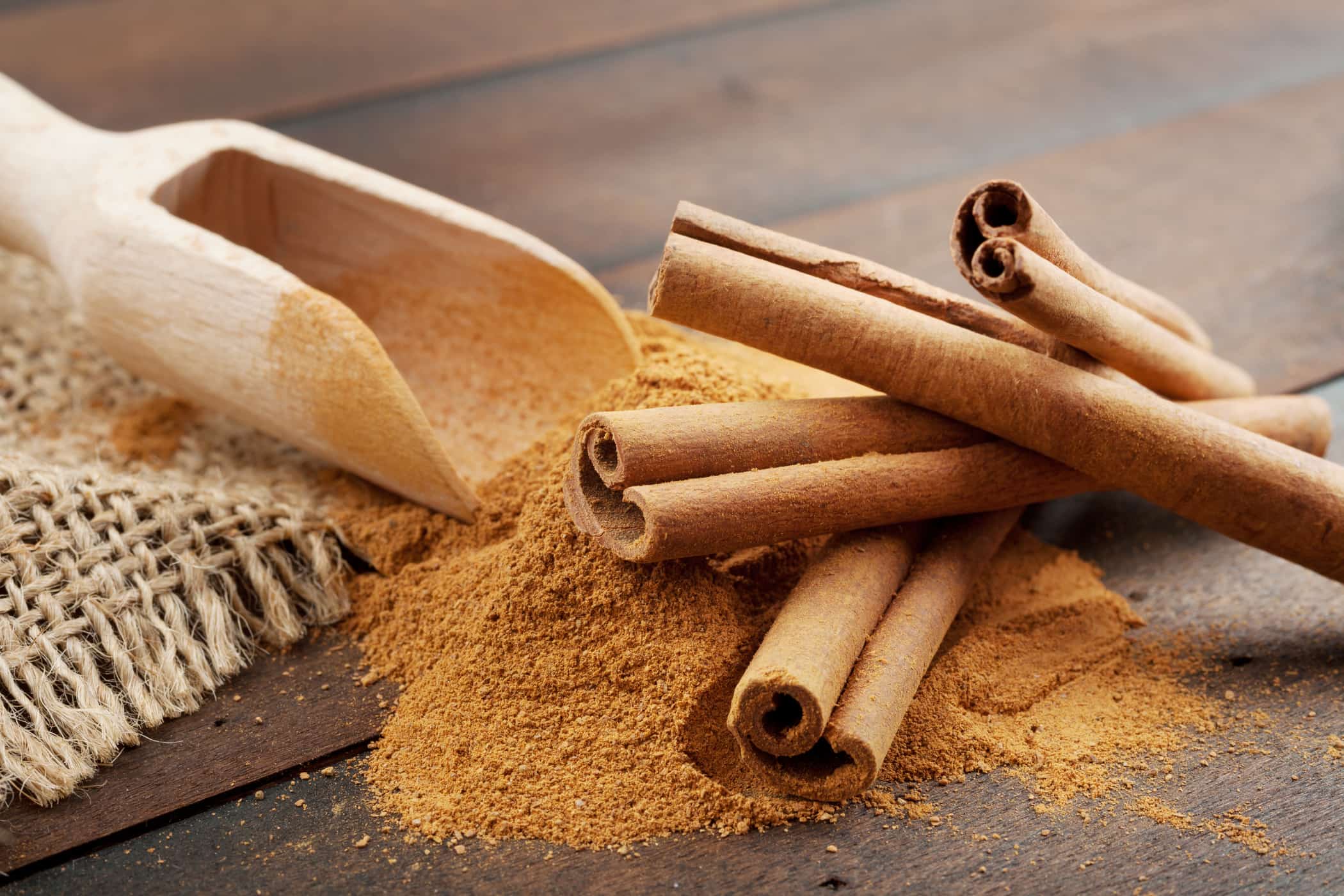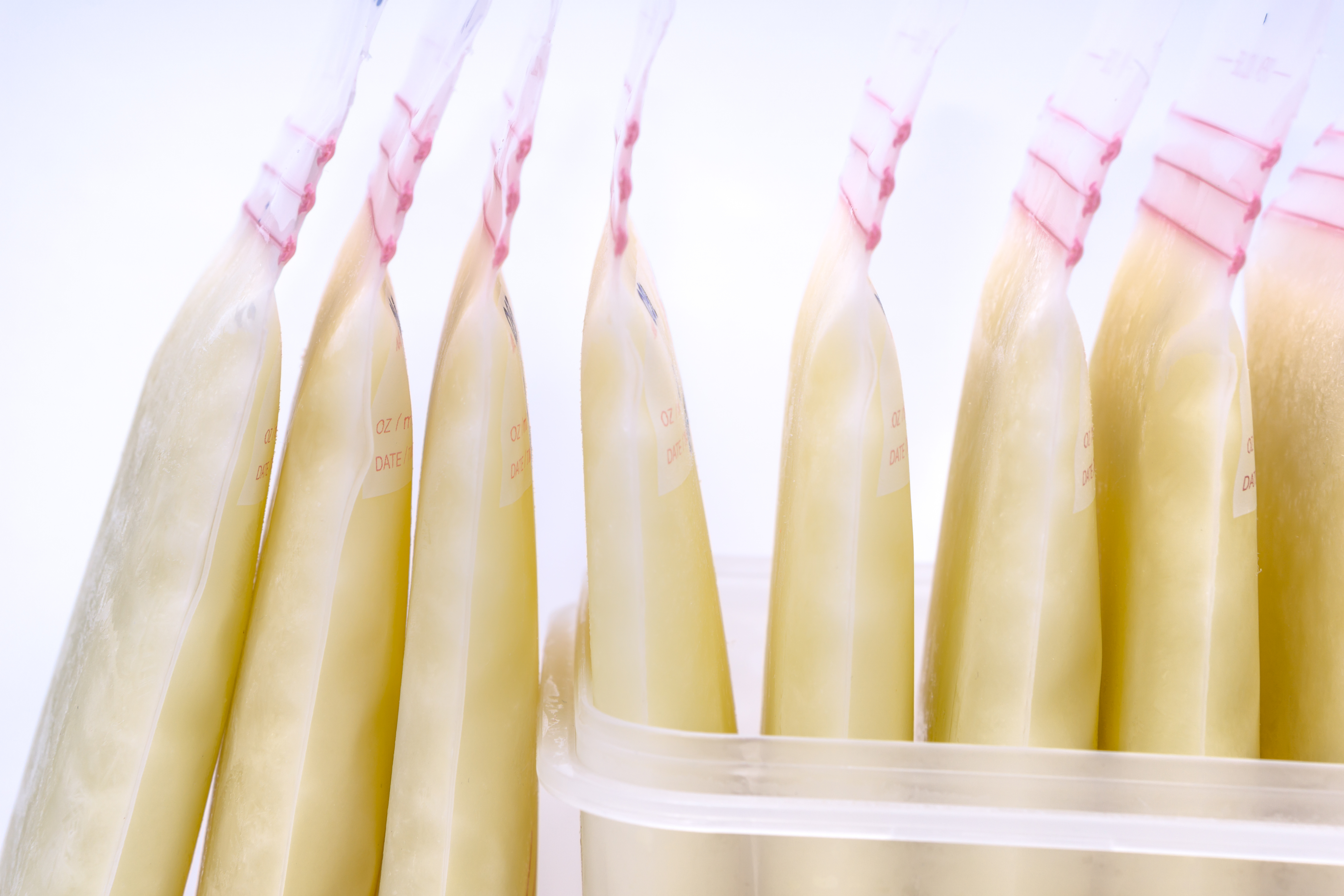Contents:
- Medical Video: Fatty Liver Disease | Q&A
- Benefits of cinnamon
- However, consumption of cinnamon is dangerous for some people
- How much consumption of cinnamon is safe?
Medical Video: Fatty Liver Disease | Q&A
Cinnamon or cinnamon is one of the spices that are widely used in making food or beverage dishes. This herb is also commonly used as a substitute for sugar in food. Not only that, it turns out cinnamon also saves health benefits.
However, you should not consume too much cinnamon because one of the ingredients can harm your liver (liver).
Benefits of cinnamon
Cinnamon stores a variety of active ingredients that can be used for your health. One of them, namely flavonoids that can work as antioxidants. This helps your body fight cell damage due to free radicals. In addition, cinnamon also contains essential oils that give scent and have anti-inflammatory, antiviral and antibacterial properties.
The content makes cinnamon can be used to help reduce the risk of various diseases. This has been proven in several studies that show that cinnamon can reduce the risk of heart disease, diabetes, cancer, and neurodegenerative diseases.
However, consumption of cinnamon is dangerous for some people
Although cinnamon has many benefits, it also has health risks if consumed too much. Consumption in large quantities can cause irritation to the mouth and lips. Cinnamon can also cause allergic reactions in some people. In addition, cinnamon oil applied to the skin can cause the skin to become reddish and irritated.
Not only that, consumption of cinnamon in high amounts can also harm people with liver problems. This is because of the content of coumarin in cinnamon. Kumarine is an anticoagulant agent that can affect the blood's ability to clot.
For people who are sensitive to coumarin, consuming high amounts of cinnamon can increase their risk of liver damage, according to research published in the Journal of Agriculture and Food Chemistry. Thus, consumption of cinnamon in high quantities is not recommended for people who have liver disorders.
There are two types of cinnamon that you can find, namely cassia and ceylon cinnamon. Both types of cinnamon contain different amounts of coumarin compounds. Cinnamon cassia (known as ordinary cinnamon) contains more amounts of coumarin than ceylon cinnamon. Unfortunately, these two types cannot be distinguished if they are in powder form.
How much consumption of cinnamon is safe?
The Cinnamon that you get from food or drink is usually still small in number so it doesn't endanger your health. So, you might not need to worry if you consume cinnamon contained in food or drinks.
However, you must know how much cinnamon is safe for you to consume, especially if you are taking cinnamon supplements. The recommended consumption is no more than 2-4 grams per day. This depends on the content of coumarin in the cinnamon.
Cassia cinnamon which contains more coumarin is recommended not to consume more than 2 grams per day. Meanwhile, ceylon cinnamon can consume up to 4 grams per day.
The coumarin intake that can still be tolerated by the body is 0.1 mg per kg of body weight per day. More than this coumarin intake can cause liver poisoning and cancer, according to a study published in the journal Molecular Nutrition & Food Research in 2010.












